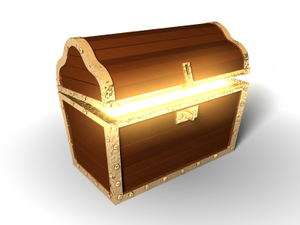Words of the Week
“For a long time, I dreamed of being free. Of making a separate peace and standing on my balcony and watching the sun set on my city with no greater thought than “this is my city in the dark.” But I can’t stop caring and worrying. I can’t stop arguing. I know that I’m an individual free to make my own decisions and choose my own path, but I feel I’m being defined by something bigger than myself. I know a little of what my grandparents knew. My worries are older than I am—ancient, the old history closing in. Ebb tide. In the afternoon, you swim above the sand in the clear water, but in the evening the sharks come in to feed in the oceans, white with foam.”
Source: Rich Cohen, “Ebb Tide in the Golden Country: Why All Is Not As It Was for the Jews in America” (Tablet)


